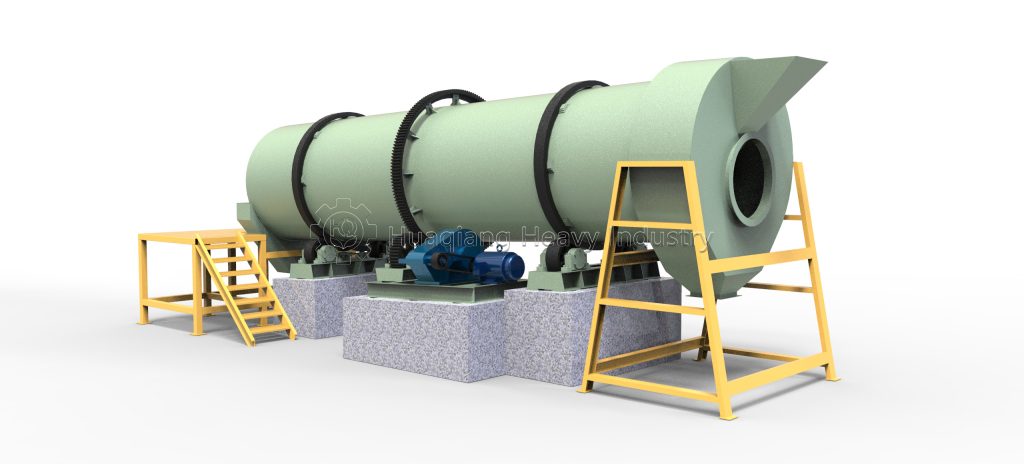The Art of Fertilizer Production: How Drum Granulators Are Changing the Game?
In the world of fertilizer manufacturing, one piece of equipment is quietly revolutionizing the entire industry—the rotary drum granulator. This seemingly simple machine can transform powdered raw materials into uniform fertilizer granules, not only improving fertilizer efficiency but also completely changing the way fertilizers are applied.
Imagine this scene: various fertilizer ingredients such as nitrogen, phosphorus, and potassium are first crushed by a crusher, then thoroughly mixed in a mixer. Subsequently, these powders are fed into the drum granulator—that continuously rotating cylinder works like a skilled pastry chef, using precisely controlled humidity and temperature to coalesce the powders into evenly sized granules. These granules then enter a dryer to remove excess moisture, pass through a cooler for temperature reduction, and are finally graded by a screening machine to obtain the finished fertilizer.
The charm of the drum granulation process lies in its efficiency and environmental friendliness. Compared to traditional powdered fertilizers, granular fertilizers are less likely to disperse with the wind, reducing nutrient loss and environmental pollution. More importantly, granular fertilizers release nutrients slowly in the soil, providing crops with sustained nutrition, much like a carefully prepared “nutrient meal” for plants.
From vertical disc mixer to granulation, from drum fertilizer dryer to screening, each step is interconnected, weaving together the intricate tapestry of modern fertilizer production. The rotary drum granulator represents not only technological progress but also a crucial component of sustainable agricultural development, silently contributing to global food security.
From a single rotary drum granulator to a complete fertilizer production line, and from traditional manufacturing to intelligent upgrades, the development of fertilizer processing equipment epitomizes the progress of agricultural modernization.The innovation and improvement of these machines not only improves the efficiency of fertilizer production, but also provides strong guarantees for global food security.
